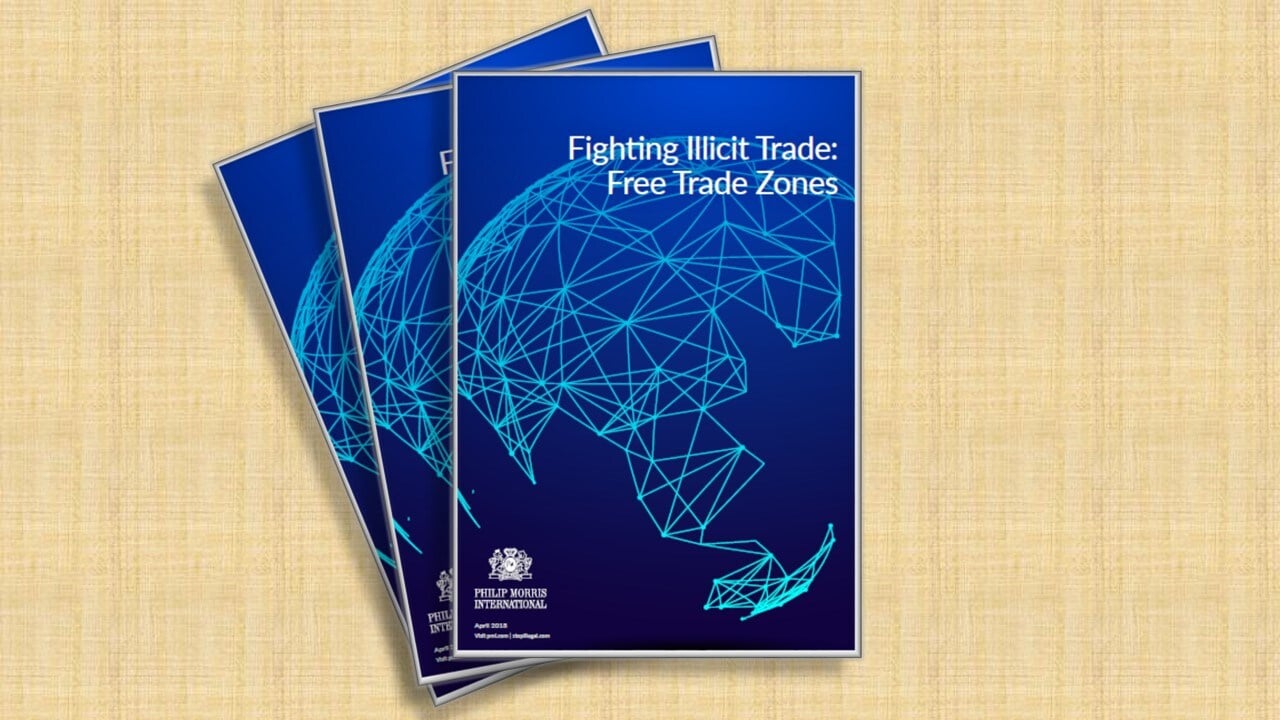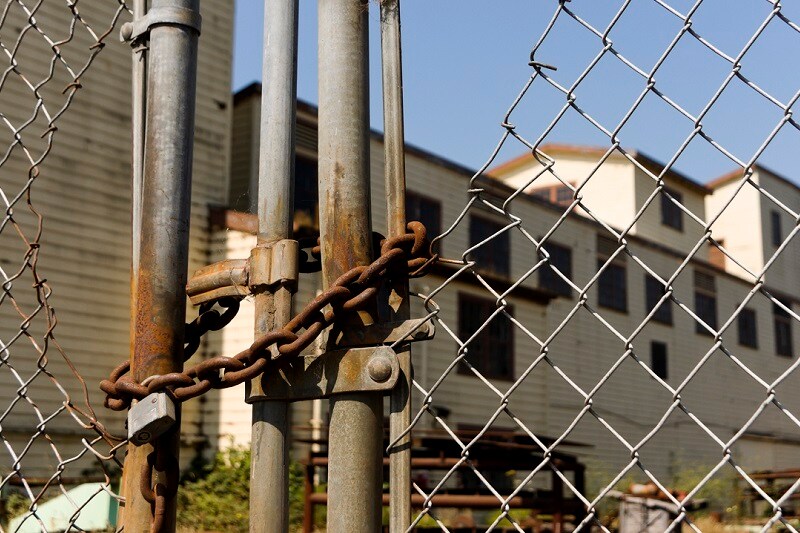Free Trade Zones are an integral and innovative part of the world economy, but their vulnerabilities may also contribute to the problem of illicit trade.
What is a Free Trade Zone?
Put simply, a FTZ is a geographic area where imported goods are not charged import duties or taxes. This can be very helpful in stimulating the exchange of goods and services in parts of the world where that has not traditionally been an easy thing to do. FTZs directly contribute to job creation and facilitate global trade. Managed properly, they can attract foreign investment. Simplified customs procedures mean less bureaucracy and more economic growth.
However, controls and checks by authorities of FTZs are often irregular or absent. This means they are seen by criminals as perfect places to manufacture and transport illicit goods. And such illicit activity is far from victimless. It damages society and it’s one of the main sources of funding for criminal and terrorist organizations.
How can we eliminate illicit trade in Free Trade Zones?
A significant proportion of illicit tobacco is either manufactured in or shipped through FTZs. In a recently published white paper on FTZs and illicit trade, Philip Morris International identified four things governments should do in order to address illicit trade in FTZs:
Licensing:
A competent authority should be established or designated to issue, suspend and revoke licenses to manufacture, import, export, broker, or ship tobacco products or materials that go into making them within FTZs. This would give authorities the ability to control and monitor the tobacco trade in FTZs.
Due diligence:
All FTZ operators should be required to conduct thorough due diligence on any entity within the tobacco supply chain intending to do business within FTZs.
FTZ operators should monitor sales volumes to ensure quantities sold are commensurate with the demand in the ultimate destination market.
Accurate inventory controls on tobacco products, either manufactured in or transiting through FTZs, should be established.
Labeling:
Tobacco products manufactured, repackaged, or transported in FTZs should comply with the labeling requirements imposed by the authorities in the destination market.
FTZ operators should be required to destroy tobacco products failing to comply with these labeling requirements.
Tracking and tracing:
A tracking and tracing system should be applied to products manufactured in or transiting through FTZs.
At Philip Morris International, we have leading experts in countering the illicit tobacco trade, and they are working closely with government agencies to stamp it out. To find out more about how to tackle illicit trade in FTZs, read our position paper.


-(1).png)


